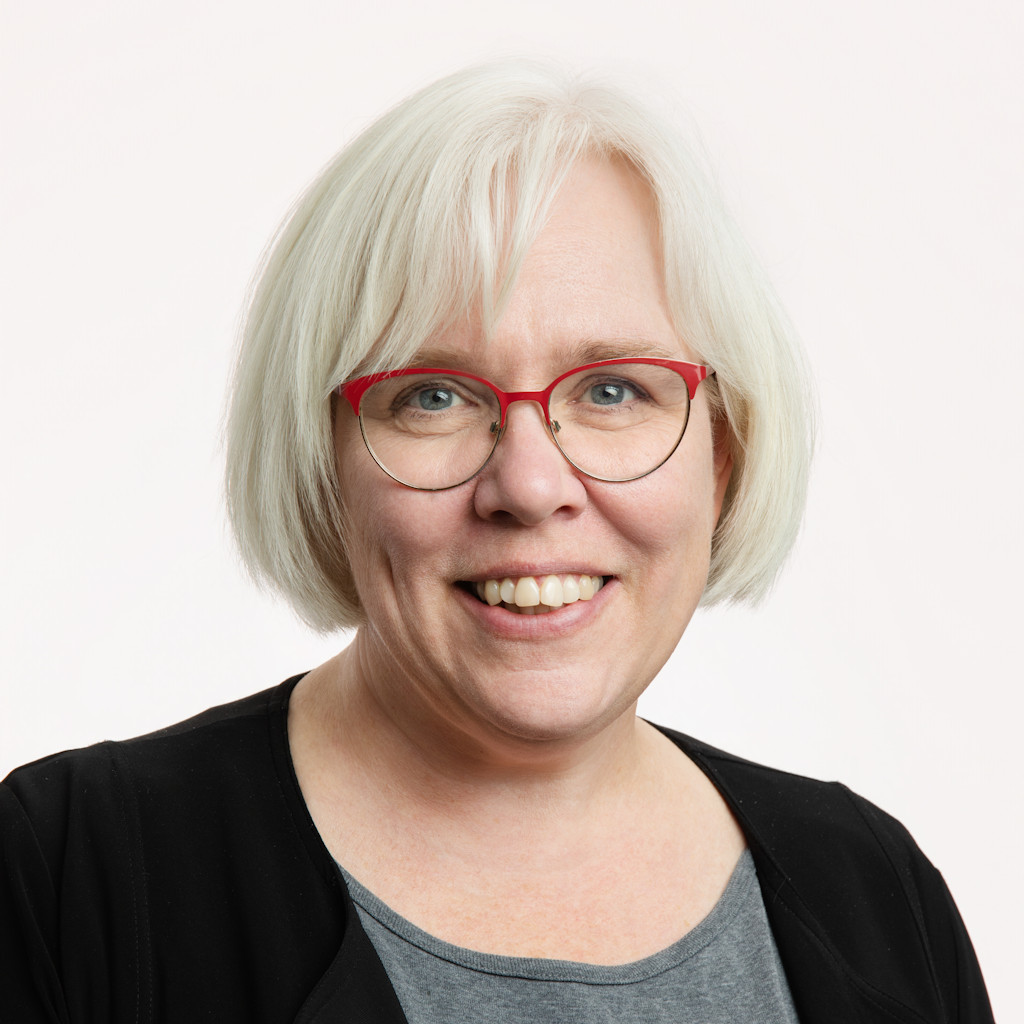
Project adds hundreds of kilometres of bike paths to Google Street View
By
Brett McKay
With the help of funding from a Community-Based Budgeting Project created by two city councillors, Eugene Chen has added more than 500 kilometres of bike paths to Google Street View. Now he is hoping to keep the project going by enlisting the help of community groups and volunteers.
Chen received $2,000 from the budgeting project, created by Coun. Keren Tang of Karhiio and Coun. Andrew Knack of Nakota Isga, to take the photos and videos needed to add community bike paths in those wards in Google Street View. The funding helped cover the cost of the camera, but with the price of the equipment and additional expenses, he has spent closer to $3,500, kicking in the balance himself to get the project off the ground.
"I've had the idea for a few years now, but going out and spending even a grand on something that may or may not work is significant, and when I received approval of the grant, knowing that someone else in the community liked my idea and was willing to take a risk on me ... gave me enough confidence and reason to give it a really strong shot," Chen told Taproot. "Because of the grant, I was willing to take the further risk of extra costs over the current funding."
With the trails in Nakota Isga and Karhiio completed and already getting over a million views, Chen has plans to keep the project going. Knowing how much time it would take one person to cover the thousands of remaining bike path kilometres, he is looking for ways to involve other people in the project.
At the BetaCityYEG Meetup on Nov. 30, Chen will be sharing his story, talking about possible next steps, and collecting feedback from attendees on what else could be done.






